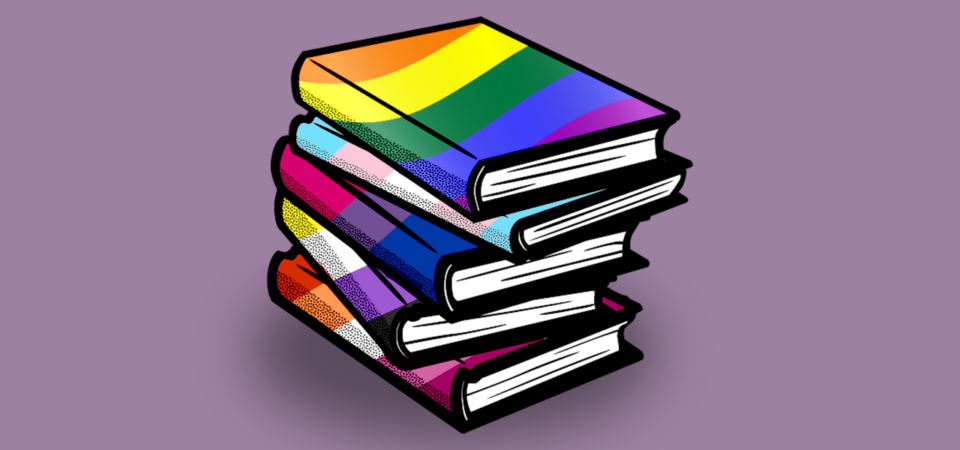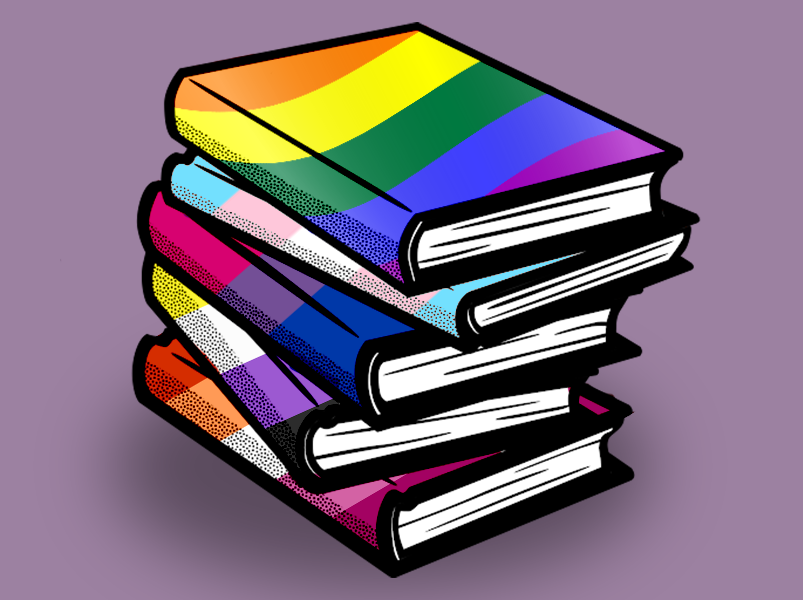
St. Thomas is offering an LGBTQIA+ literature course this spring, marking the first course in fifteen years with a focus on a specific group; English adjunct professor Melissa Hendrickx is pioneering the new curriculum.
Hendrickx sees the course as an opportunity for positivity and growth at a university where two prominent topics – LGBTQIA+ and Catholic discourse – mirror the greater society’s cultural clash. The class is in the process of being marketed widely across departments and campus.
“I think it positions St. Thomas in a unique place,” Hendrickx said. “When you are at a university inspired by the Catholic tradition, (which) does not have a great history in terms of recognizing LGBT rights, it can lead to some soul searching discussions.”
The course aims for equitable representation of identity, along with recognition and support of the work and influence of LGBTQIA+ authors and authors of color. Hendrickx plans to cover post structural theory, the politicization of queer identities and the impact of religion on those who identify as LGBTQIA+ as well as examine commonalities across different experiences.
Hendrickx acknowledges the adversity when teaching this curriculum, but sees it as a stepping stone to cultivating growth and learning.
“We know historically that there were a lot of authors that, for safety reasons, could not be open about their sexuality and so we have to infer,” Hendrickx said. “Offering this class is sending the message to students that these authors matter and they matter enough that we’re going to devote a full semester to it.”
Students are already optimistic about the course. Renna Hintermeister, the president of the Queer Straight Alliance sees the course as a place where learning can thrive.
“For someone who is cisgender, heterosexual, it would be beneficial for them to take it because they can learn,” Hintermeister said. “They’ll also be highlighting and lifting up BIPOC queer creators in literature.”
Dr. Kelly Wilson, a professor in the Theology department, feels that this course will empower and uplift narratives and shared stories.
“I think it’s important for human beings to connect to narratives … narratives can give them vocabulary for dealing with the world that they’re experiencing,” Wilson said. “The importance would be that shared history, that shared narrative that queer folks can plug into.”
Wilson hopes that Catholic tradition and queer identities can intersect, and that the course can provide direction on a topic where queer individuals can find themselves lost.
“I think a lot of times in theology or biblical studies, we are reading texts to defend ourselves against attack,” Wilson said. “The bible is used against us, but to be able to engage in a non-defensive way would be incredibly life-giving and affirming.”
Hendrickx hopes that this course will embolden different identities to unite for the common good.
“Just like we know racism needs to be something tackled by white people … we need to know that homophobia needs to be tackled by straight people,” Hendrickx said. “It’s those people with privileged identities, they’re in a great place to start better understanding and empathizing with other groups.”
Jonathan Rosario can be reached at Rosa8273@stthomas.edu.


I thought UST was a Catholic University
https://www.biblegateway.com/passage/?search=Matthew+19%3A4-6&version=NIV
This institution has lost its way